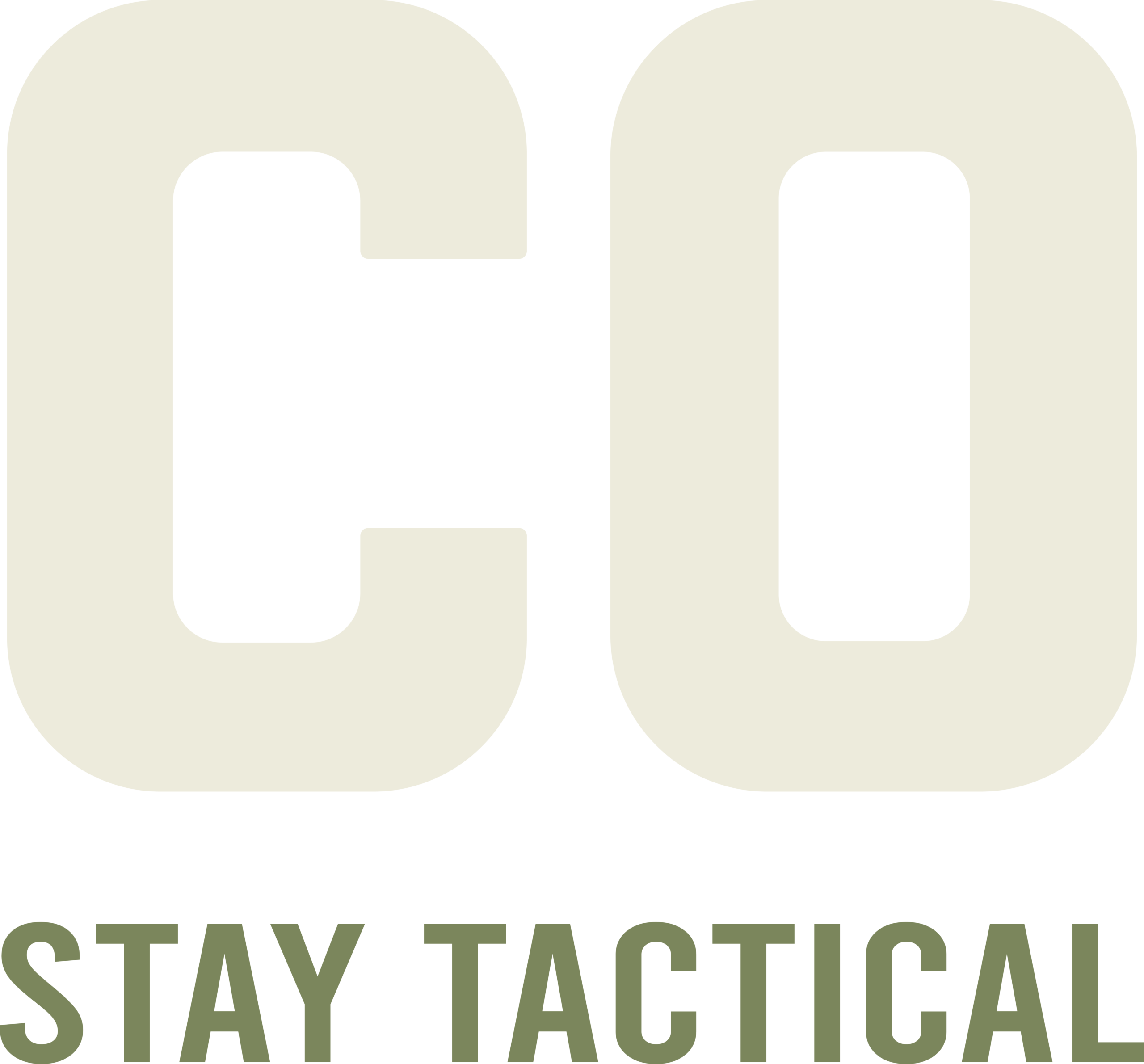
As a Canadian and a gun owner, I’ve been struggling with the news of the new gun control laws here in Canada (link: https://www.cbc.ca/news/politics/trudeau-gun-control-measures-ban-1.5552131 ). For those that don’t know, the Canadian government has made several “categories” of firearms prohibited (banned) under the Criminal Code of Canada such as: M16, M4, AR-15, M14, etc. This is in an apparent way of preventing future shooting events like the 2020 Nova Scotia attacks where firearms were used.
Now before I get myself into a heated debate, Canada already has strict gun laws (no fully automatic, class based license, strict transportation and store requirements, etc) that prevent people with criminal records or those with mental health issues from getting their Purchase Acquisition License (link: https://casualoperator.com/2020/05/24/the-canadian-guide-how-to-get-a-firearms-license-pal/ ) in the first place making it impossible for these individuals to become legal gun owners. With that said, like anywhere, if someone wants to find something on the black market they will. So just like firearms used by gang bangers in Toronto and Vancouver, the guns (not even the ones recently “prohibited” by the government) will continue to be smuggled in and used in illegal ways.
But then I thought, what if I was wrong? You see, before Canada, New Zealand had a mass shooting event, the Christchurch mosque shooting in March 2019, and they almost immediately reformed their gun laws to become even more strict. Using New Zealand as a case study, I looked into how their gun crime was doing with the new laws. The figures were all obtained from New Zealand police services under the Official Information Act.
For 2019, New Zealand had 3540 incidents where a subject was found with a gun, up from 3321 in 2018. In 2019, officers were attacked by a subject with a gun 13 times, versus 11 times in 2018, and New Zealand recorded 2.4 gun related deaths per million people in 2019 vs 1 death per million people in 2014 (closest year to obtain data for comparison). The only data that makes sense from a statistics standpoint based on the new laws in New Zealand is that gun seizures went up almost 50 percent with 1263 guns seized in 2019 vs 686 in 2018.
It appears the tighter gun control laws have had no effect on gun crime in New Zealand. Will it be different in Canada? Probably not. Gun crime is much more deeply associated to socio-economic factors and policing methods rather than gun control laws. Frankly, criminals do not care if a law tells them they cannot do something.


